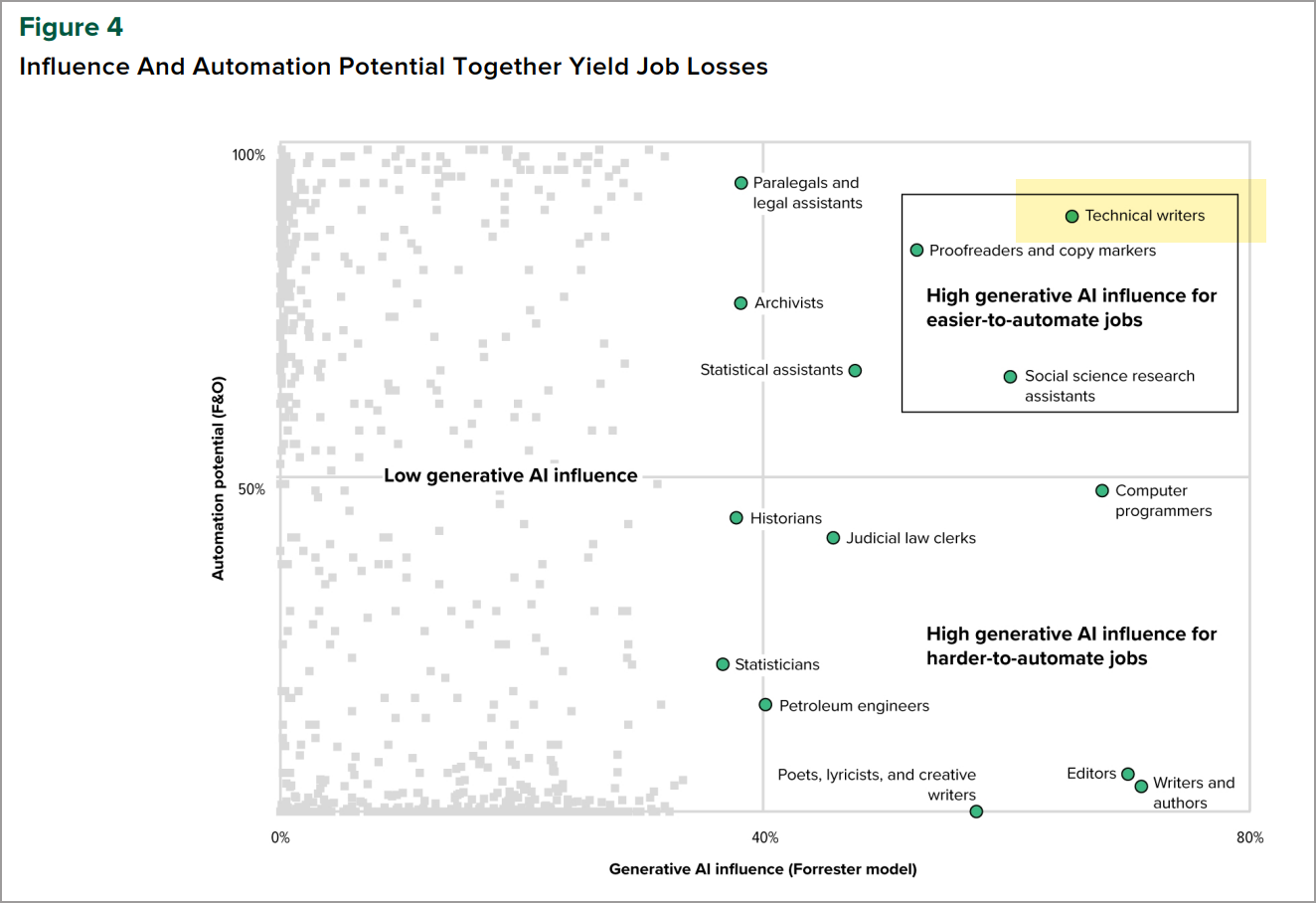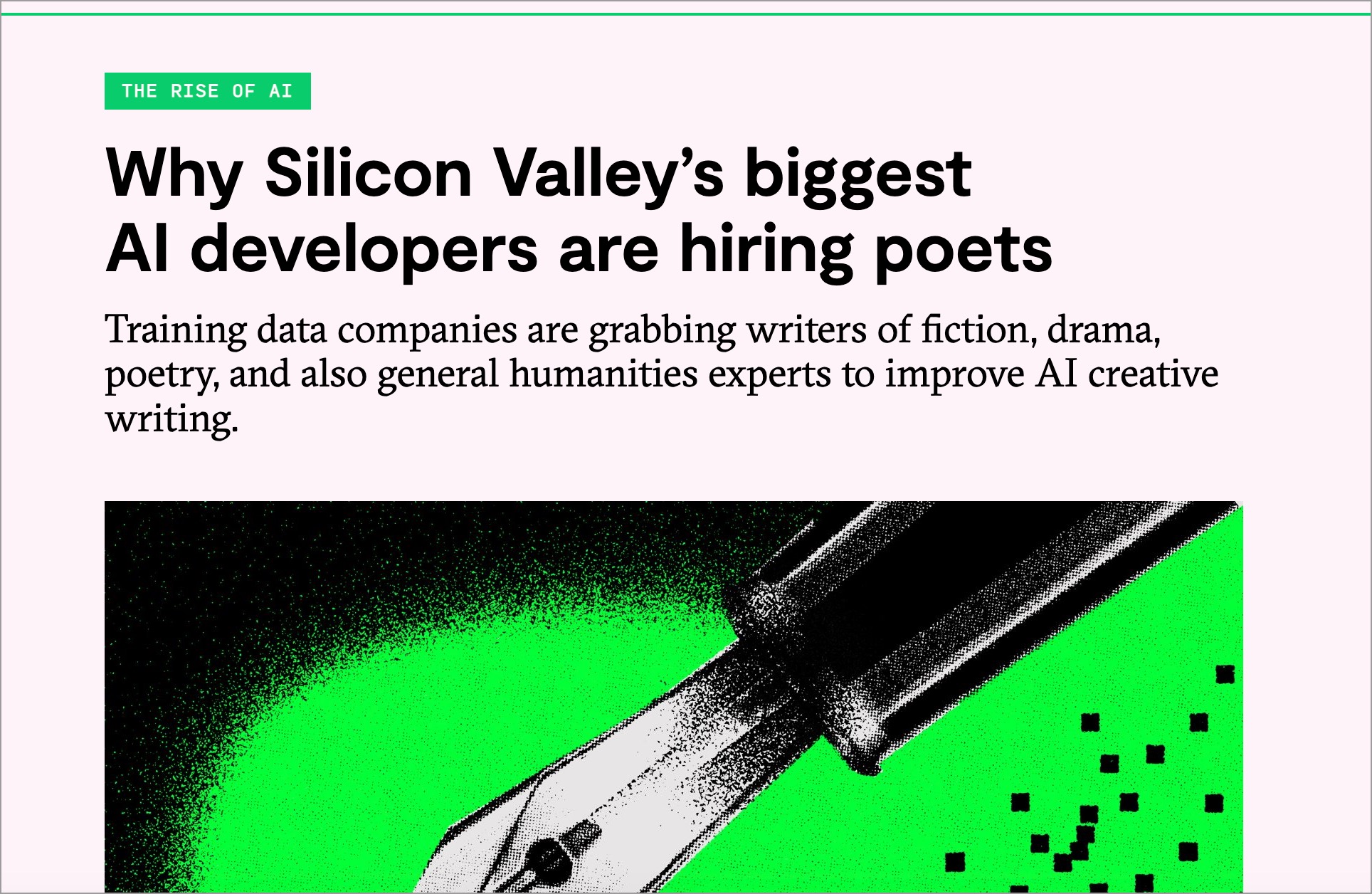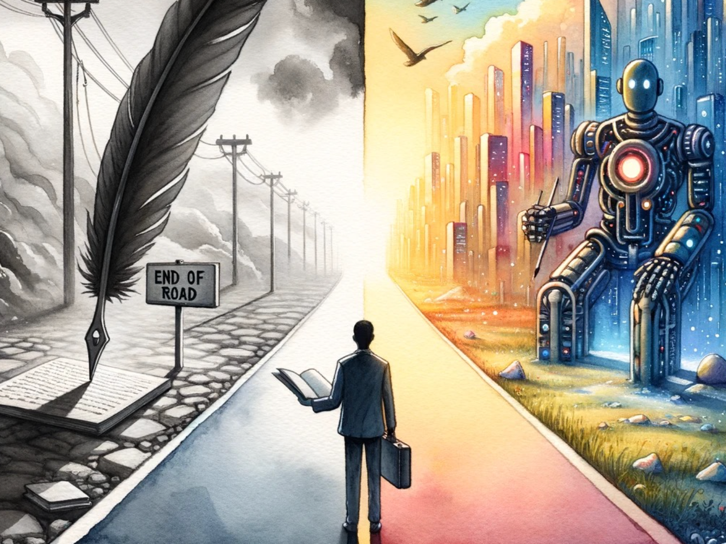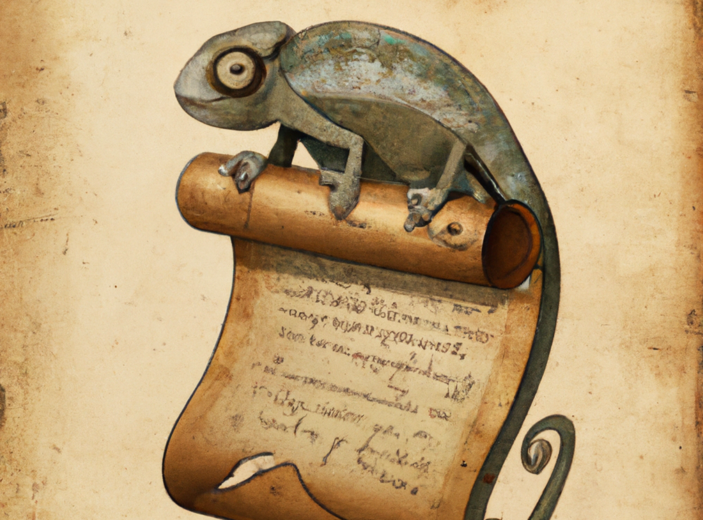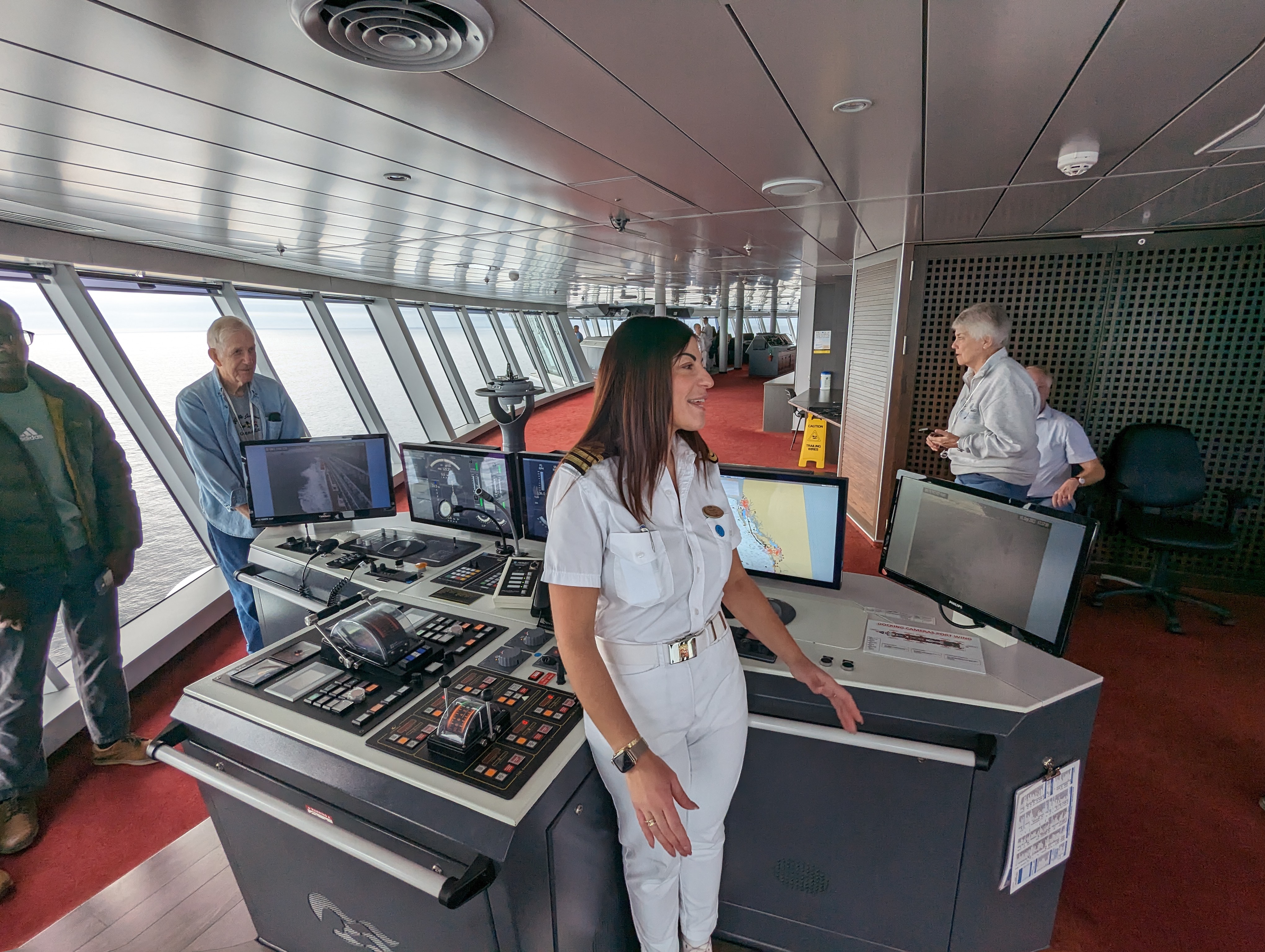The Diátaxis approach to documentation organizes technical documentation into four types — tutorials, how-tos, reference, and explanation. In this post, I compare Diátaxis to DITA, Information Mapping, and the Good Docs Project, explaining similarities and differences. I also point out why identifying information patterns can be so worthwhile as a technical writer, and how identifying these patterns not only grounds our practice in the larger practice of rhetoric but also gives us useful patterns to use with AI tools.
In conversations about AI, a lot of tech writers are asking what kind of scenarios is AI good for? What works, what doesn’t? In which scenarios? You may have read my responses to these questions before in previous posts, but this time I recorded a podcast with slides. In the podcast, I try to pull together these ideas into more of a narrative shape and flow. This podcast focuses on clarifying those scenarios where AI excels and where it doesn’t, particularly for technical writers creating documentation. I also argue for the inevitability of AI integration through an argument referred to as the 'obsolescence regime.'
The following are links from around the web for October 10, 2023. Forrester predicts a major AI impact on U.S. jobs in 2023. A CEO faces backlash for replacing and criticizing human staff with ChatGPT. Zeb Larson assures coders that ChatGPT isn't a job threat, while Rex Woodbury explores the rise of hyper-personalization. Finally, sales execs welcome AI's role in their industry.
I experimented with using AI tools to help with planning and prioritizing my documentation work. However, I found that the AI tools weren't very helpful for this complex, analytical task. This suggests that content strategy roles, which require higher-level thinking like strategic analysis and decision-making, could be a promising area for technical writers to specialize in as AI starts automating more routine writing.
The following are summaries of interesting articles from around the web, as well as my commentary. Daniel Beck debunks myths surrounding open-source documentation portfolios. Silicon Valley's top AI firms are intriguingly recruiting poets. Jason Bailey supports Emma Thompson's stance on the term 'content' being disrespectful. The potential of A.I. is examined beyond the hype, emphasizing its aid for human writers and editors. Ivan Walsh provides insights on optimizing ChatGPT prompts for technical summaries, while Ellis Pratt discusses how AI agents can be a time-saver for technical writers.
If AI transforms the tech writing field, as many think it will, we'll face a choice of either resisting change and skirting with obsolescence, or reinventing our professional identity. Reinventing one's identity, particularly letting go of the sense of being a writer first and foremost, is psychologically difficult. We need to dedicate time to redefining our role through high-risk, high-reward experiments. But what the experiments should be, exactly, remains unclear.
The following are summaries of interesting articles from around the web, as well as my commentary. Seth Godin shares his insights on the failure of manuals. The MDN team offers a postmortem reflection on 'AI Explain.' Zohra Mutabanna's podcast features Caity Cronkhite discussing the AI-driven future of technical writing. Fabrizio Ferri-Benedetti draws intriguing parallels between documentation types and animals in 'Bestiary.'
I added a new article in my API course called 'AI and APIs: What works, what doesn't'. In conversations about AI, a lot of people ask the same questions: What kind of scenarios is AI good for? What works, what doesn't? In which scenarios? This article focuses on clarifying those scenarios where AI excels and where it doesn't, particularly for technical writers creating documentation. I also argue for the inevitability of AI integration through an argument referred to as the 'obsolescence regime.'
In this post, I compare ChatGPT and Claude on an Alaskan cruise. Claude seems better at handling long content, and ChatGPT shorter content. Using both chatbots, I asked many questions to learn about my cruise surroundings. The chatbots expanded my curiosity and made me more attentive to my environment by encouraging endless questions.
A few weeks ago I mentioned Alphadoc, a new tool for publishing API documentation. The following is a Q&A with Daan Stolk, cofounder/CPO of Alphadoc. In the following questions, Daan tells the story behind Alphadoc and what makes it unique from other API documentation tools.
Providing summaries of content is one of the most useful and powerful capabilities of AI chatbots powered by large language models (LLMs), like ChatGPT, Bard, and Claude. As such, AI chatbots can significantly help tech writers in a variety of documentation-related tasks, such as generating summaries at the top of each document, generating product overviews that summarize features and capabilities, and helping tech writers process content more quickly from long articles, bugs, meetings, and other documents.
Here are a few links from around the web worth reading for September 5, 2023.
Compiling and maintaining glossaries can be time consuming. Can AI tools help with glossaries? Just as AIs are good at creating summaries, providing definitions might be one of AI's strengths. A definition is just a short summary of a concept. AI tools are also good at identifying potentially unfamiliar, jargon-filled terms and then listing concise definitions for them.
The best scenarios to implement AI are those tasks that humans perform poorly but robots perform excellently. One of these task domains is comparative analysis, specifically comparing two sets of information to identify inconsistencies. API responses can be complex, with a wide variety of fields that can be returned depending on the request. As humans, it can be hard to compare large amounts of text quickly, but AI tools might be good at this task.
One of the main ways I use AI is with thematic analysis, which involves identifying, analyzing, and reporting patterns (themes) within qualitative data. After you identify major themes, you can use least-to-most prompting techniques to go into more detail. I recently used this technique in preparing notes for a book club. It could also could work well for a number of documentation-related scenarios. In this article, I explore using AI for thematic analysis with doc feedback, search analytics, tags and related pages, FAQs, glossary items, bugs, and documentation pages.


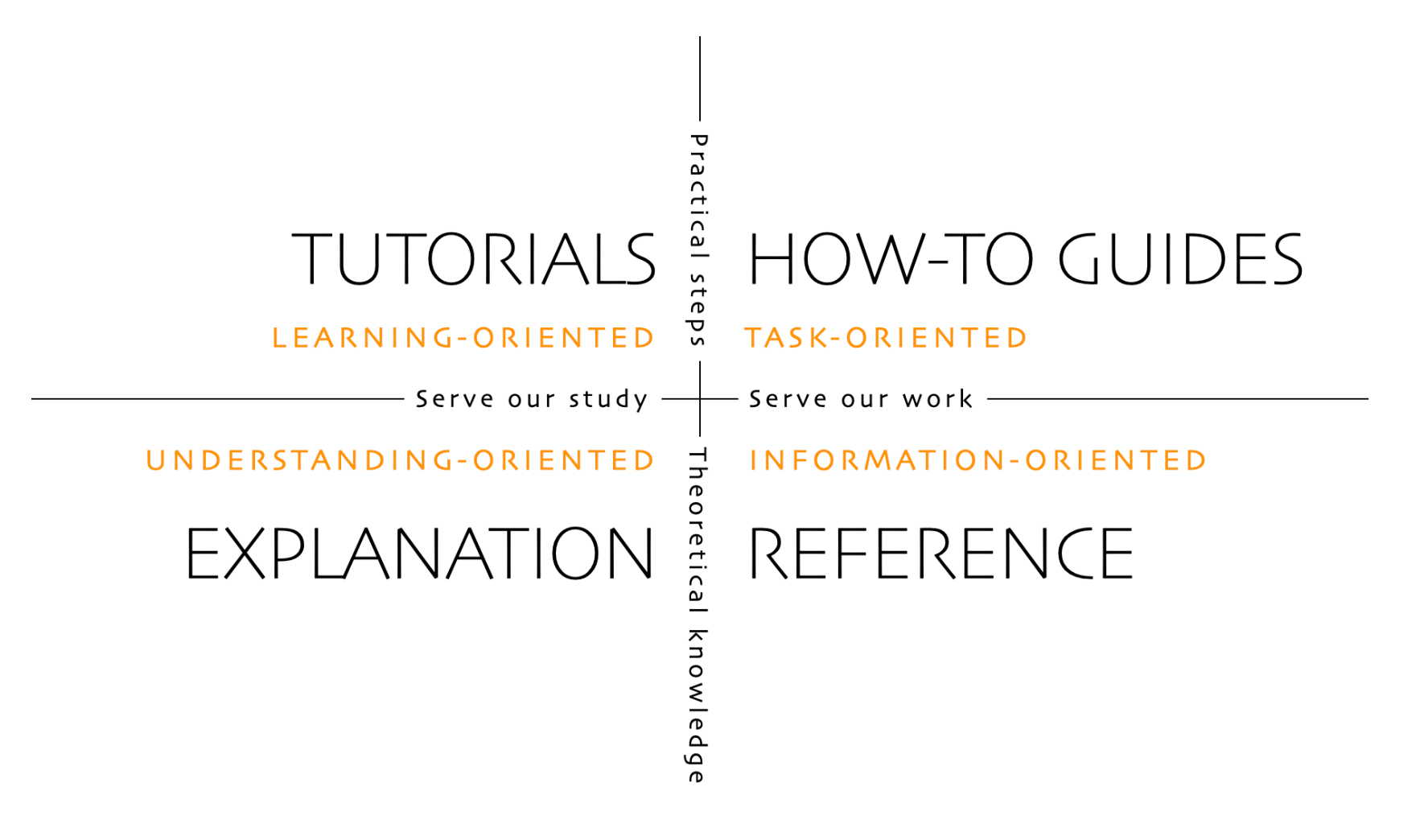
![[Podcast] AI and APIs: What works, what doesn't](https://s3.us-west-1.wasabisys.com/idbwmedia.com/images/aiandapispodcastthumb.jpg)
